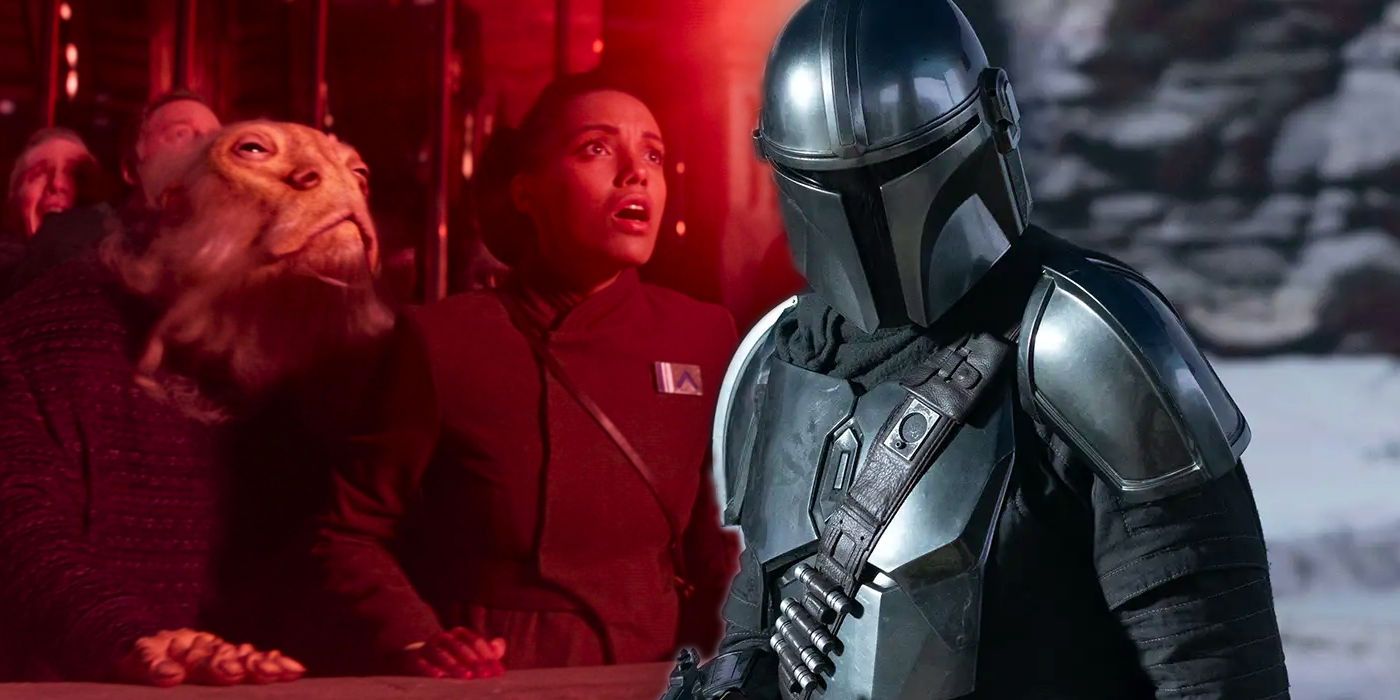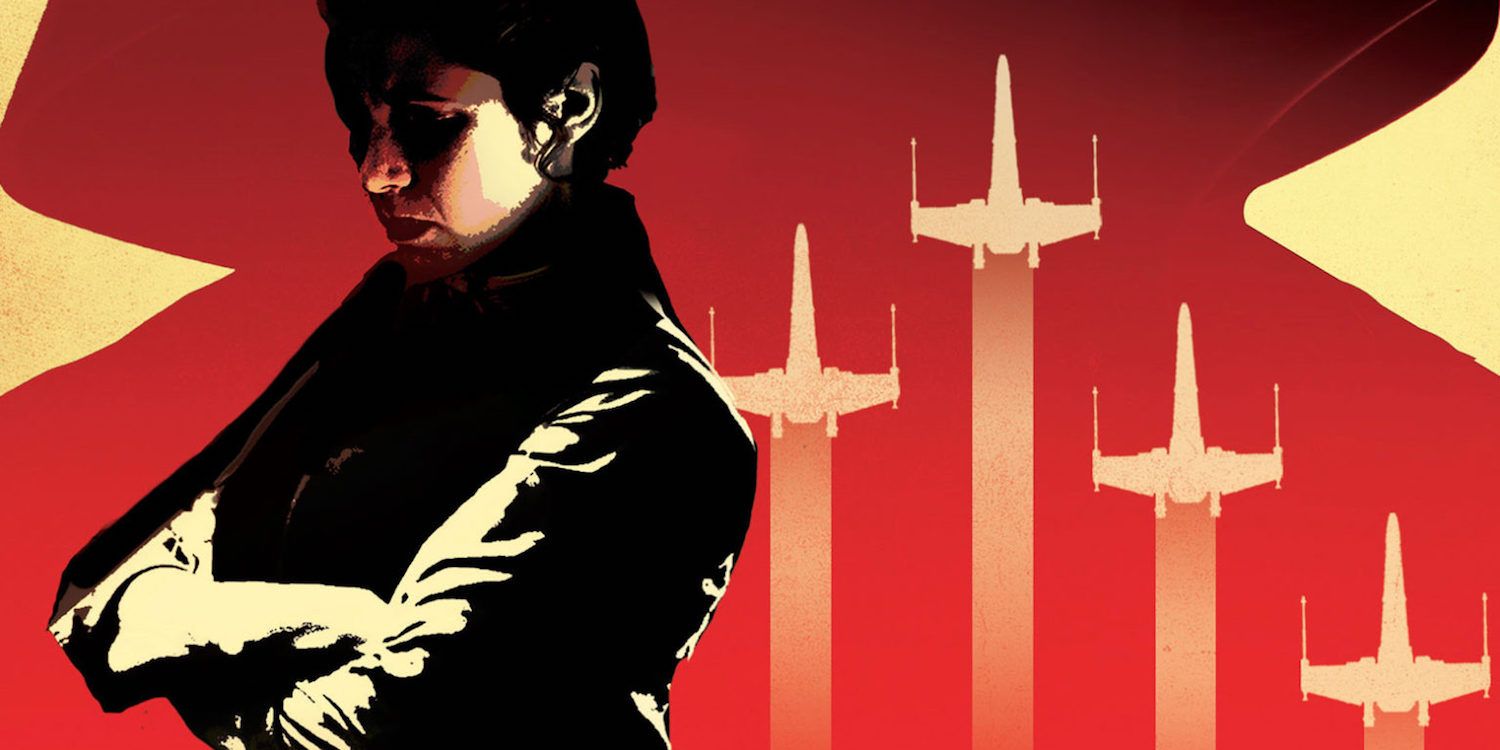
The New Republic was supposed to bring the galaxy back into balance after the Empire's defeat, but something happened to it between The Mandalorian and Star Wars: The Force Awakens. Anyone who tunes in to The Mandalorian will find the galaxy has changed a great deal since Return of the Jedi. The New Republic has become the dominant political force, with the last Imperial loyalists - such as Moff Gideon - hiding in the shadows.
The birth of the New Republic is told in Chuck Wendig's Aftermath trilogy, which are set shortly after the events of Return of the Jedi. The Galactic Civil War continued between the Empire and the New Republic for a year after Palpatine's death, with the most loyal Imperials obeying what they believed to be Palpatine's last orders - a scorched-earth strategy to ravage the entire galaxy. This culminated in a final battle over Jakku, which had been rigged to explode like a cosmic bomb, intended to destroy the New Republic fleet. Fortunately, Republic agents were able to deactivate it, and instead the Empire was routed. Palpatine's former adviser Mas Amedda, who had taken rule of Coruscant, signed the Galactic Concordance to bring peace to the galaxy. The Mandalorian is set four years later, with the central military significantly reduced and each sector now responsible for its own defense, but under oversight of the New Republic.
The New Republic was wary of repeating the mistakes of the past, particularly with regards to the centralization of power. This actually led to a great degree of tension across the galaxy, with each system being responsible for policing itself, and criminal gangs taking advantage of the power vacuum. Former Imperial strongholds that had by now joined the New Republic pushed for a firmer hand, and as the decades passed, the politics became increasingly divided. As the years passed, some senators and former military leaders from the Galactic Civil War began to believe events were being engineered to cause war once again. 20 years after the events of The Mandalorian, Leia Organa made a bid to become Chancellor of the New Republic, but it was doomed to failure. She organized a Resistance movement against an unseen threat she perceived operating in the shadows, and was outlawed for doing so. That story is told in Claudia Grey's novel Bloodline.

Leia's suspicions were correct. With Leia out of the way and the Senate weakened, a number of former Imperial worlds seceded from the New Republic to form a political body called the First Order. They allied with Palpatine's most loyal forces, who had fled into the Unknown Regions after the Battle of Jakku and who had built up a vast armada in secret. There was initially an uneasy peace between the First Order and the New Republic, with the latter seriously underestimating the military power of the nascent First Order.
All that came to an end in the Star Wars sequel trilogy, with the New Republic capital of Hosnian Prime - and most of its political leadership - being destroyed by Starkiller Base in Star Wars: The Force Awakens. Meanwhile, the First Order had used its knowledge of the Unknown Regions to send their fleets around the galactic rim. They launched a terrifying Blitzkrieg across the galaxy immediately following the destruction of Hosnian Prime, essentially breaking apart the New Republic overnight. Episodes of Star Wars Resistance suggest a handful of worlds insisted on considering themselves part of the New Republic, but they were few and far between, isolated and outgunned. The New Republic may have been born of hope, but it sadly died in war.
from ScreenRant - Feed https://ift.tt/32jZO5L

No comments: